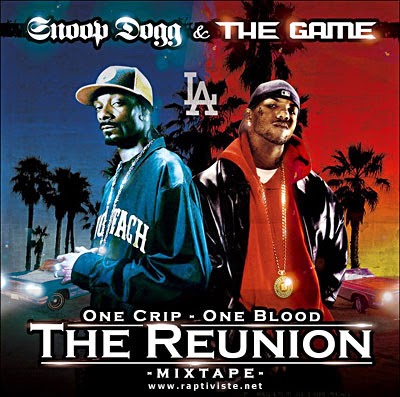- Pros and Cons of communism in Cuba. (2008, August 7). Retrieved November 12, 2014, from http://www.theweek.co.uk/americas/35627/pros-and-cons-communism-cuba
In this article piece, the magazine publishes both the positive and the negative consequences of the Castro dictatorship in Cuba. With this information, I should be able to prove that Cuba does in fact have many great things, but at the same time has some flaws in their system.
- Roberts, G. (n.d.). Misconceptions about Cuba. Retrieved November 14, 2014, from http://www.iammyownreporter.com/misconceptions.htm
Although this is not an official website, Roberts writes from his personal experiences that many "facts" told by the United States or Cuban exiles are false. He makes a list of more than 16 lies being told about Cuba. This will be a perfect fit for my report because it is shown that this man, who has no bias, has seen the beauty of Cuba and their functioning government.
- Economy of Cuba. (n.d.). Retrieved November 14, 2014, from http://www.princeton.edu/~achaney/tmve/wiki100k/docs/Economy_of_Cuba.html
This website seems to have correct information although I have a hard time believing it was written by Princeton University. With that being said, the facts provided in this piece are very important. It mentions things such as the low housing and transportation fees, free education and the low mortality rate in infants in Cuba. It can be very useful when I mention all the things that make the Cuban government more successful.





